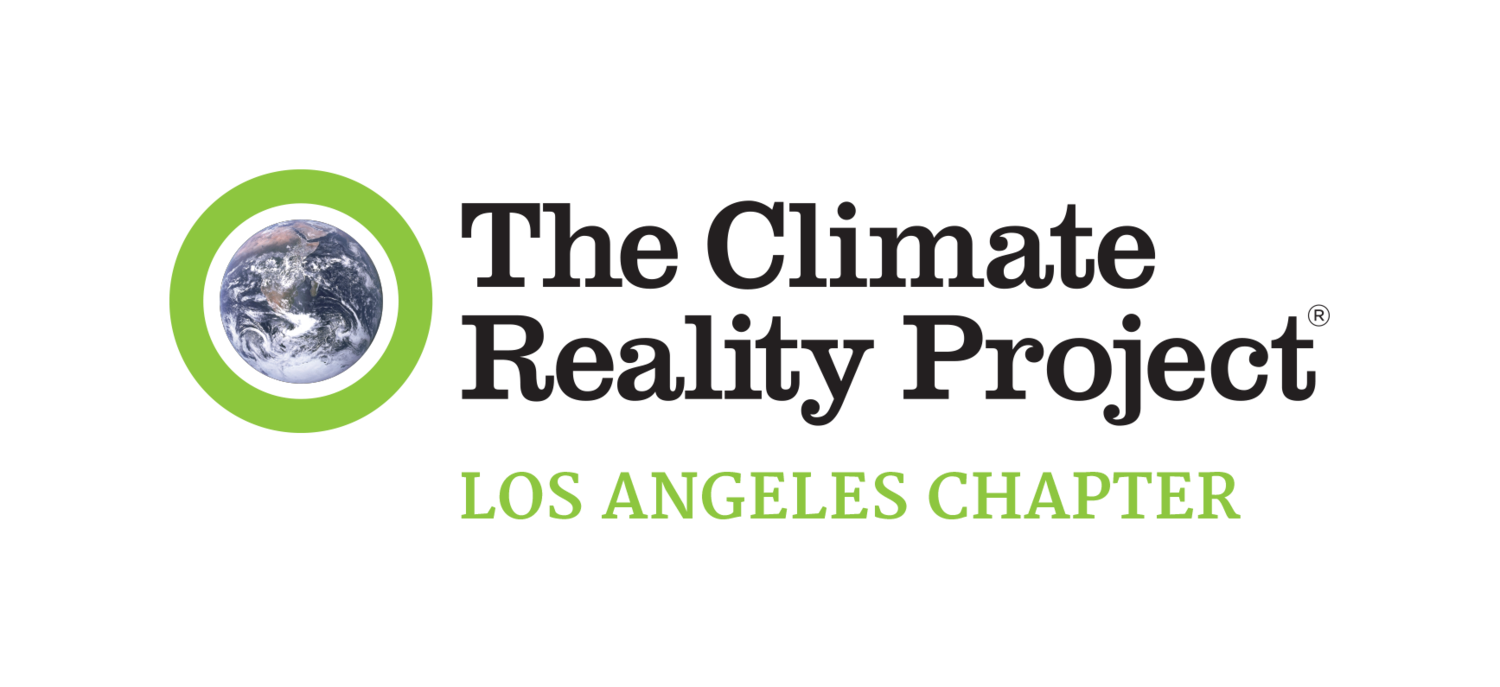This Summer Feels Different
The extreme heat this summer in large parts of the globe, which led to the hottest day and month on record, combined with devastating wildfires in Canada that spread smoke across large parts of the United States (and beyond), has led climate change to dominate the headlines. Here is a sampling of recent headlines in the New York Times:
Around the Globe, Searing Heat With No Sign of Relief (July 21)
Smoke Pollution From Canadian Wildfires Blankets U.S. Cities, Again (July 17)
How Hot Is the Sea Off Florida Right Now? Think 90s Fahrenheit (July 12)
In Phoenix, Heat Becomes a Brutal Test of Endurance (July 11)
Climate Disasters Daily? Welcome to the ‘New Normal’ (July 10)
Los Angeles has avoided a lot of it, although large parts of Los Angeles were under an excessive heat warning this weekend.
As trained Climate Reality Project leaders, we know that the climate crisis has caused extreme weather events to occur with increasing frequency around the world for years, but it is still shocking to see the pace of change and severity of what we’re experiencing this summer.
Shocking, but not debilitating.
As leaders, we know the climate crisis is caused by burning fossil fuels, and the only way to stop further heating of the planet is to rapidly replace coal, oil, and gas with clean sources of energy.
We also know that the world already has the solutions we need to make this transition without sacrificing jobs or our way of life.
We can act. We can reduce our consumption of fossil fuels by changing the transportation we use, where our electricity comes from, and the appliances in our homes. We can also act by working together to change laws and business practices to reduce fossil fuel consumption more broadly and stop new fossil fuel production.
At the same time, we know that climate change has life-threatening impacts right now, and we have a responsibility to keep ourselves and others safe. Physically safe from extreme heat, air pollution, and other threats, but also mentally safe from panic and despair.
We shouldn’t despair because it’s not too late to take meaningful action (and taking action is also a great antidote for despair). We also shouldn’t despair because what feels different about this summer is less the record-breaking heat or the wildfire smoke, but the attention on the issue of climate change.
Everyone has their moment of realization and often panic about the climate crisis. This summer, more and more of our friends and neighbors will be asking what they can do. Our role as leaders is to help them make the connections between extraction, consumption, and the climate crisis, and to help them see how they can be part of the solution.
Want to get more involved? Attend our chapter event or join a committee, or email us at laclimatereality@gmail.org.
